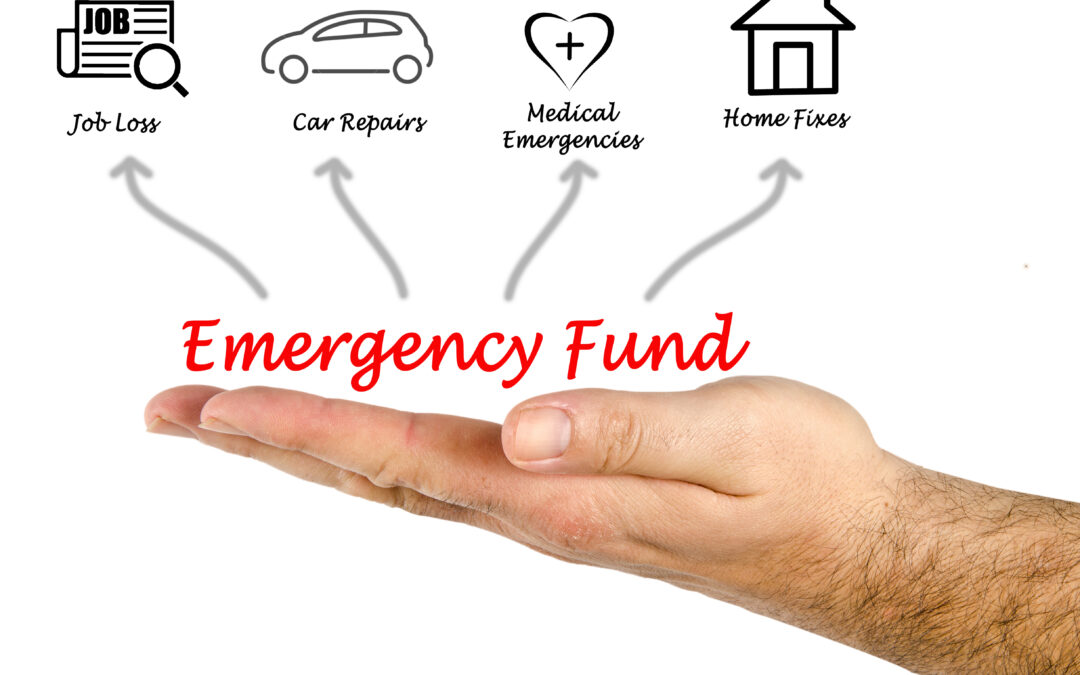“Spend each day trying to be a little wiser than you were when you woke up.” – Charlie Munger
Some things in life are just certain. Your car will need regular maintenance, sporadic repair and eventual replacement. Someone in your household will probably be sick at some point this year or next. You have a real chance of becoming unexpectedly unemployed in today’s work environment. Christmas, Valentine’s Day, birthdays and the like will occur again this year. The children will continue to grow and require bigger clothes and maybe even braces. Your property tax bill will come due again this year.
This list may seem a little self-evident but, admit it, these things catch people unprepared financially all the time. It is important to keep a good eye on all of your financial responsibilities, not just the ones that occur regularly, each month. Saving in advance for quarterly and annual bills, like insurance payments and property tax, and having a fully funded emergency fund are part of a good, strong financial foundation. A fully funded emergency fund turns what used to be a full blown financial emergency into a mere inconvenience.
An emergency fund should ideally have between three and six months’ worth of your living expenses in it – just in case you find yourself unemployed for a prolonged period of time. If you don’t have this fund set up yet, you should begin reallocating at least a portion of what you’re earning in this direction. Like your grandmother would say, “Make sure to save for a rainy day.”
We all know a co-worker who makes a decent living, contributes to his 401(k), but, has no savings outside of the 401(k). What happens when the car needs new tires, the stove breaks, or he loses his job? Make sure your 3-6 month emergency fund is in place before your next unexpected large expense occurs and enjoy the peace of mind the emergency fund provides.






